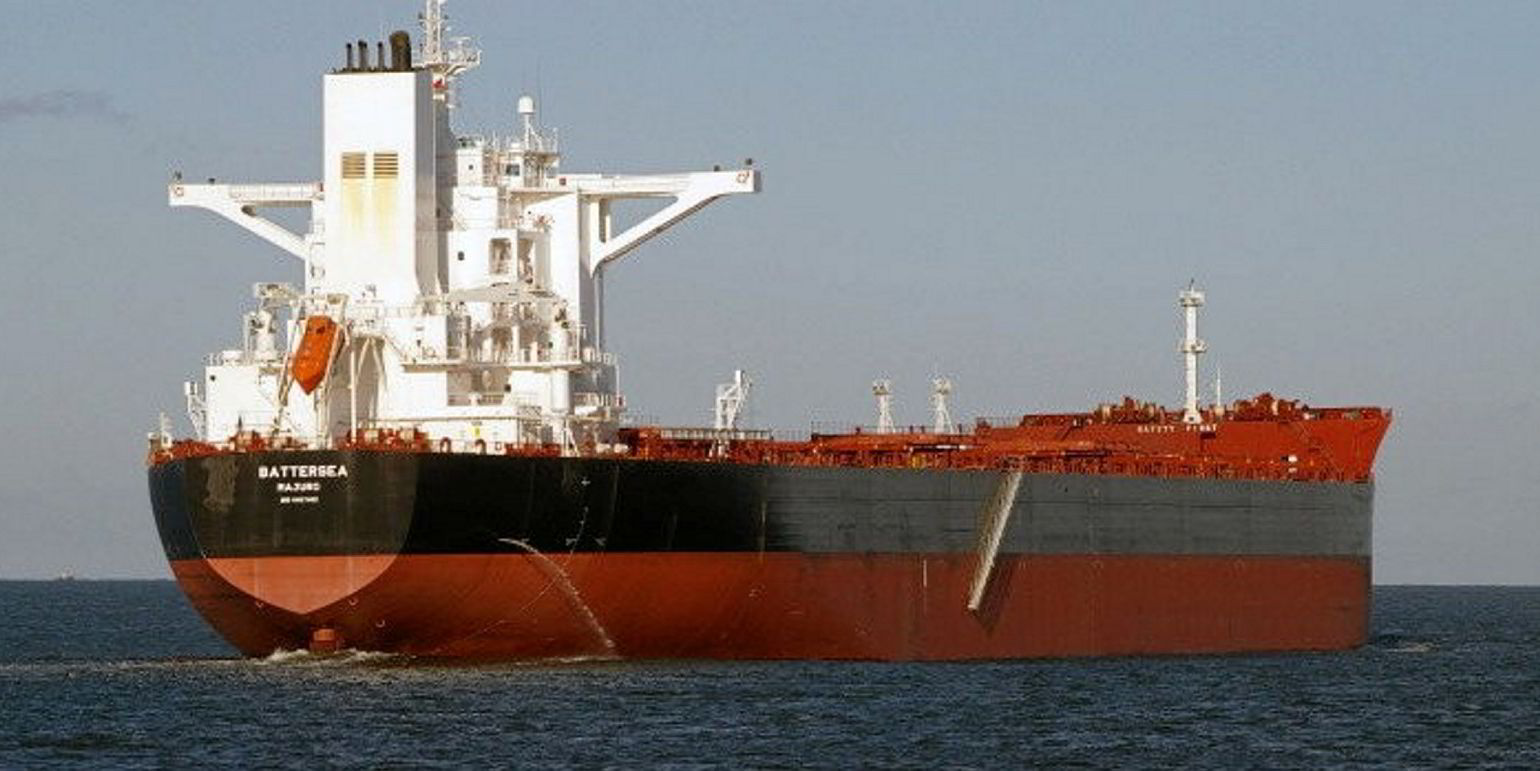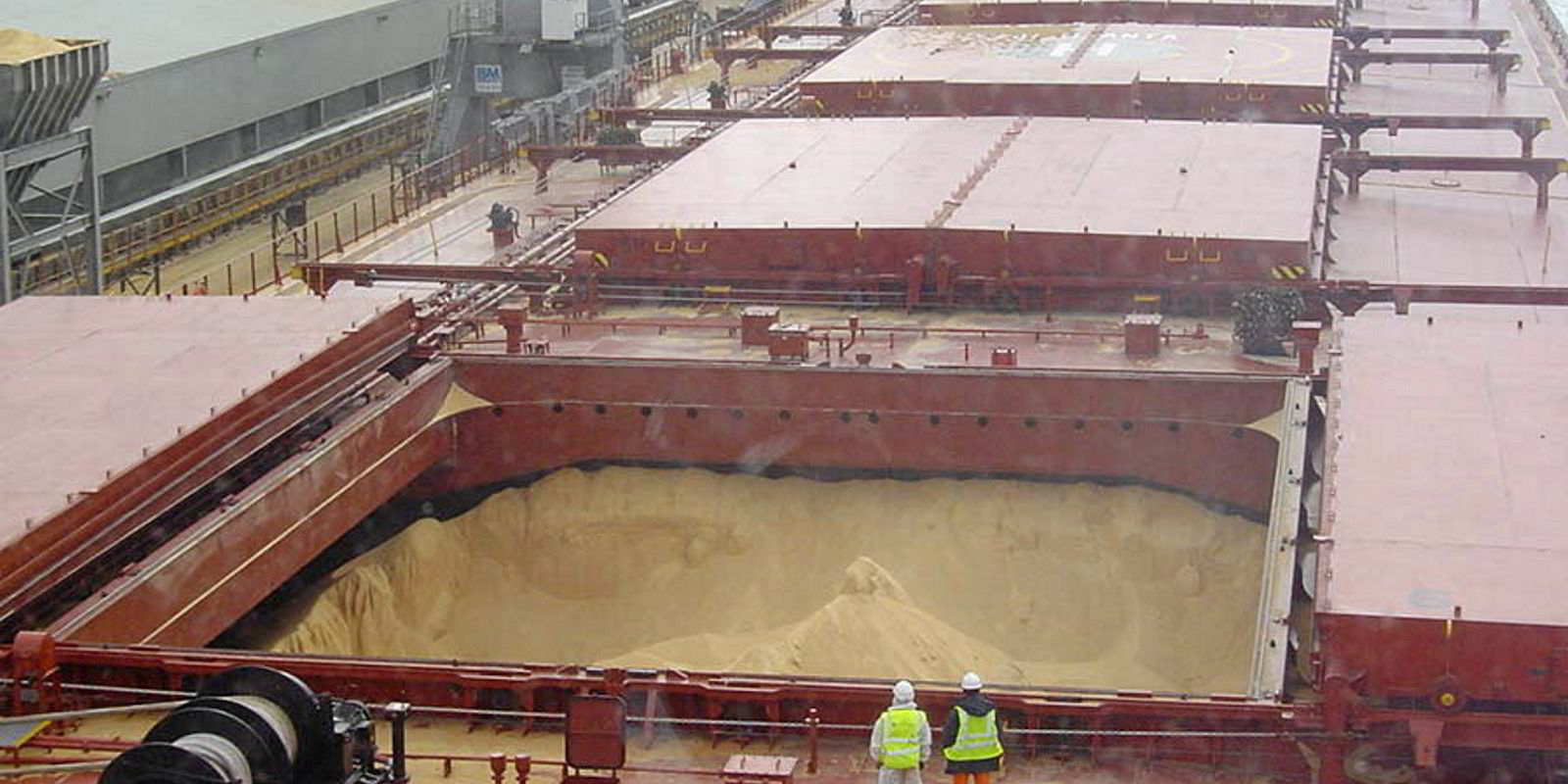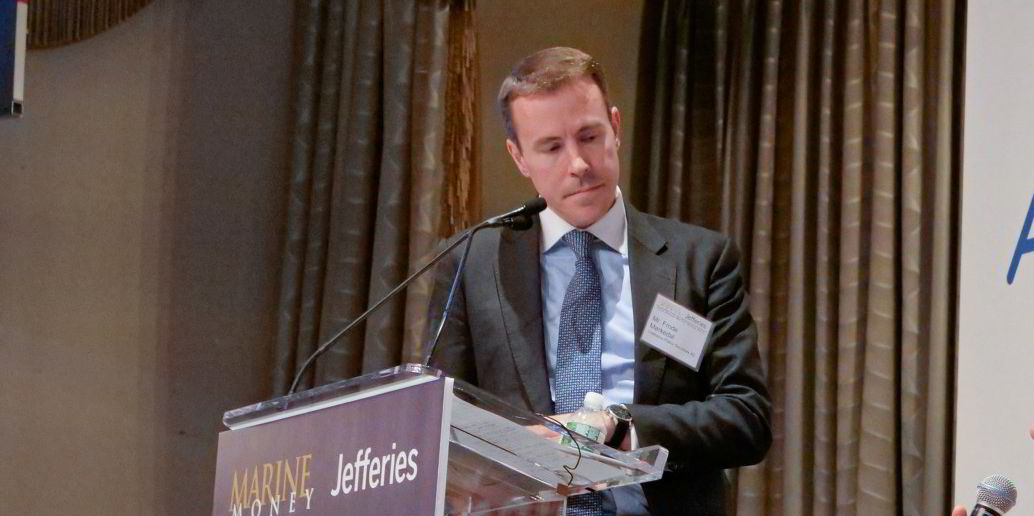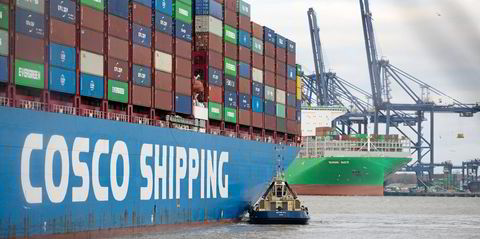China has imported more iron ore and made more steel so far this year, but it has not been enough to boost a capesize bulker market that has been on the decline, an analyst said.
China brought in 669m tonnes of ore during the first seven months of 2023, up 6.9% during the same period last year, according to China’s General Administration of Customs.
It also produced 627m tonnes of steel from January through July, surpassing the amount forged in the same period of last year by 2.5%.
But global steel output fell 0.1% during the first seven months to 1.1bn tonnes, putting a significant headwind against the capesize market, according to Jefferies analyst Omar Nokta.
The Baltic Exchange’s Capesize 5TC set of spot-rate averages across five key routes has dropped 19.8% in the past seven days to just over $11,300 per day on Wednesday.
The latest slump brings the average year-to-date average rate to $12,500 per day, down from $17,600 per day during the same period of last year, according to a TradeWinds analysis of Baltic Exchange data.
Six capesizes were fixed on Wednesday to carry iron ore to China, including Oldendorff Carriers hiring Golden Ocean Group’s 181,000-dwt KSL Seattle (built 2014) to ship 170,000 tonnes from Tubarao, Brazil, to Qingdao, China, at $20 per day, with loading from 5 to 15 September.
That is down from the $21.25 per day that trader Bunge paid on 15 August to have Star Bulk Carriers’ 176,000-dwt Star Triumph (built 2004) to haul the same amount of ore on the same route, with loading from 11 to 16 September.
“While China’s economic expansion this year has been generally viewed as disappointing, steel production and iron ore imports have been elevated,” Nokta wrote in a note on Wednesday.
“It is production ex-China and iron ore imports ex-China (down 7% so far in 2023) that are impacting the dry bulk supply/demand balance.”
Total steel production through July from the European countries of Greece, Norway, Serbia, Turkey and the UK came in at 23.8m tonnes, down 11.7% from the same period last year.
Meanwhile, output from the European Union fell 10.3% to 76.7m tonnes, according to the World Steel Association.
But January iron ore contracts on China’s Dalian Commodity Exchange rose 3.7% on Wednesday to CNY 817 ($112.13) per metric tonne, continuing a rally that has seen prices jump 14% in the past 10 days, Reuters reported.
“This surge was fueled by optimism regarding demand and supportive policy measures, according to Reuters,” Clarksons Securities analyst Frode Morkedal wrote in a note on Wednesday.
“Contributing factors include the lack of new directives to curb steel production and a decrease in the supply of scrap steel, both of which have helped boost prices.”
Still, the average price of imported iron ore from January through July stood at CNY 785.6 ($109.77), down 5.1% from a year earlier.
Eric Priante Martin contributed to this story.






